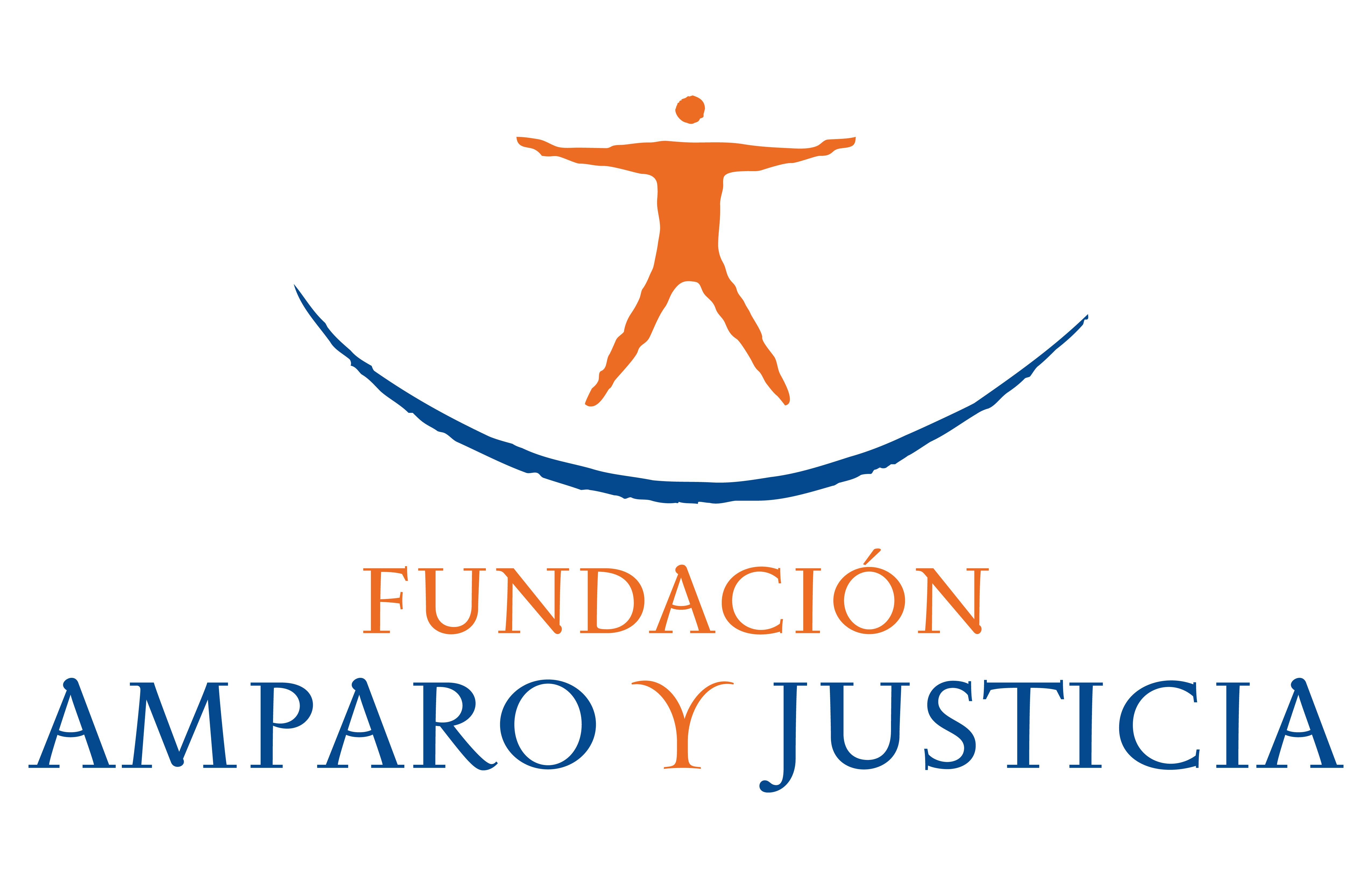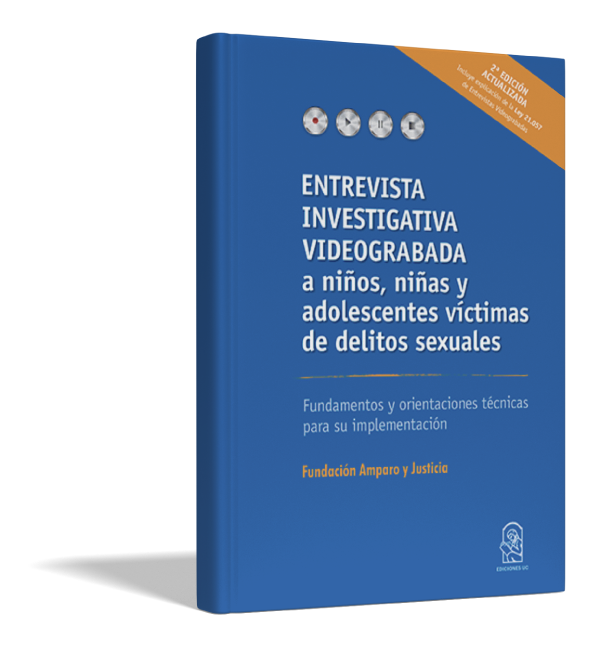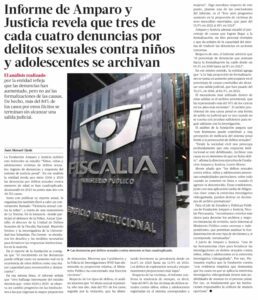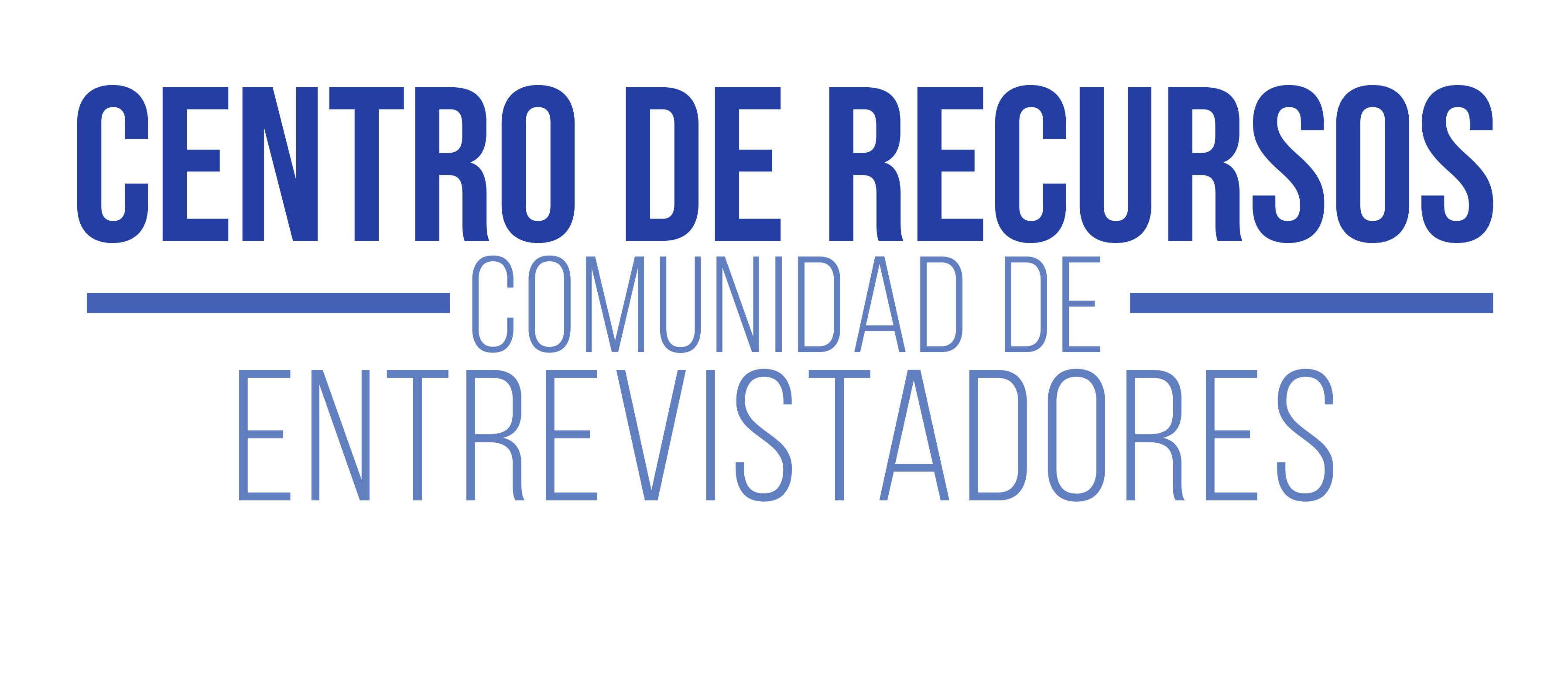In a series of meetings with entities involved in detecting and investigating these crimes, the Foundation presented the results of a diagnostic study on the issue and invited the institutions to a working group to discuss improvements. The first milestone of this collaboration will be a groundbreaking seminar organized by Amparo y Justicia, to be held in October.
With the goal of strengthening the detection and investigation of homicides and suspicious deaths of children and adolescents (NNA) in Chile, Fundación Amparo y Justicia has concluded a series of meetings with representatives from various institutions.
These bilateral meetings, held between July and August of this year, were conducted with various authorities and representatives from Carabineros de Chile, the Undersecretariat of Crime Prevention, the Investigative Police, the Ministry of Health, the Legal Medical Service, the National Prosecutor’s Office, the Children’s Ombudsperson’s Office, the Judiciary, and the Undersecretariat for Children. The objective was to analyze the challenges faced by the current system in investigating these cases.
During these meetings, Amparo y Justicia presented the results of a diagnostic study that identifies the main shortcomings and challenges of the system in investigating homicides of children and adolescents in the country.
The diagnosis generated consensus among the institutions, which agreed on the urgent need to improve response and coordination processes.
Loreto Moore, Executive Director of Fundación Amparo y Justicia, highlighted that “in all the institutions we visited, we perceived great interest in the presented study and a strong willingness to work in coordination among institutions with the goal of improving criminal investigation processes involving children and adolescents.”
One of the most significant achievements of these meetings was the commitment to form an unprecedented working group with designated representatives from each institution. This initiative will seek to promote a coordinated and interinstitutional approach to address the identified challenges.
From Amparo y Justicia, Carolina Sobarzo, sociologist in charge of the diagnostic report, stated that “it has been essential to meet with all the institutions to discuss with them the system’s response to these cases. This has allowed us to identify problems that may be affecting the outcomes and, through joint work, to devise solutions appropriate to our reality.”
First seminar on child and adolescent homicides
The first milestone of this interinstitutional collaborative work will be the holding of a seminar organized by Amparo y Justicia titled “Challenges in the Investigation of Homicides of Children and Adolescents,” which will take place on October 9 at the main campus of the Universidad Católica (Pontifical Catholic University).
At this event, where various institutional representatives will be present, prominent national and international experts in the field will give presentations.
All information about the talks and speakers can be found at the following link.










